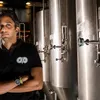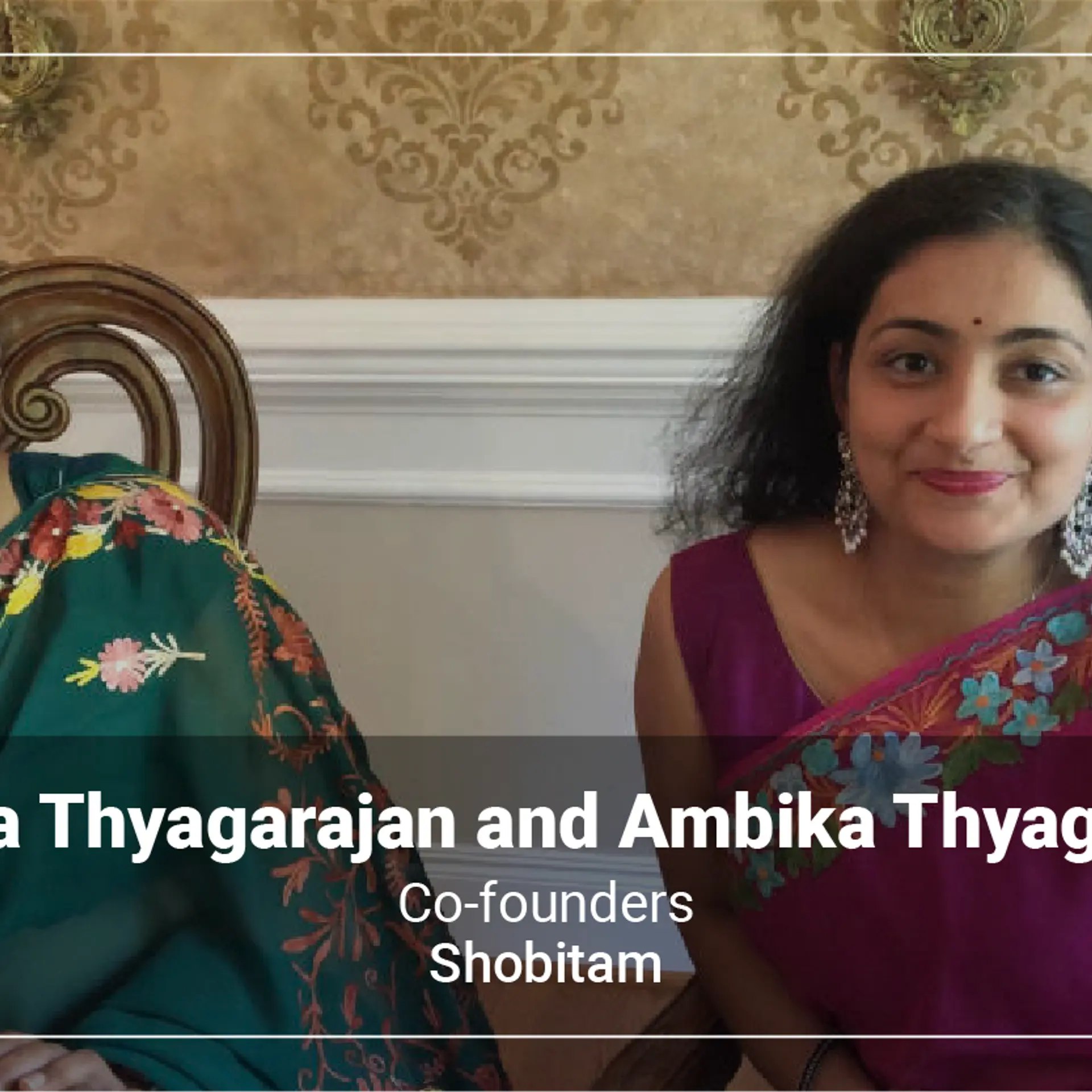For Rs 99 a shot, this entrepreneur makes anti-hangover drinks using turmeric extract
Launched in 2016, Viraj Patel’s vegan anti-hangover drink Dot Shot has found a welcoming market in Europe and North America, is growing at 140 percent year-on-year, and has 20 employees.
Between 2010 and 2017, India’s annual alcohol consumption went up 38 percent, according to a study published in the medical journal The Lancet. India's large young population base, rising disposable income, and urbanisation of Tier II and Tier III cities is fuelling the demand for liquor and contributing to the growth.
However, many still hold a negative perception of alcohol consumption.
When industrial and chemical engineer Viraj Patel was studying the alcohol market, he felt that tagging all alcohol consumption as bad was not responsible. He believed there was a need to acknowledge the changing social fabric and differentiate between social-drinking and problem-drinking.
Keeping this in mind, he completed a management course from IIM Bangalore and joined his family business, K Patel Phyto Extractions — a manufacturer of botanical extracts and phytochemicals based out of Mumbai.
“I started adding marketing, distribution and supply chain ideas in order to expand the family business to finished products and new channels. I wanted to come up with a responsible counter for the ill-effects of social drinking,” the fourth-gen entrepreneur tells SMBStory.
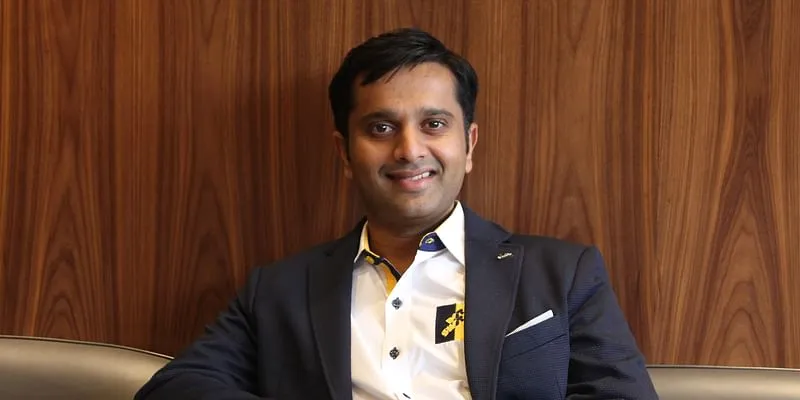
Viraj Patel, Cofounder and Director, Dot Shot
Viraj felt hangovers were often shamed. “No other misery-causing condition is the butt of so many jokes, or fodder for so many slangs. They also lead to losses in productivity. I wanted to find a solution for this,” he says.
Viraj was eyeing the anti-hangover market in India.
Except there was one problem – the Indian anti-hangover market did not exist in a developed capacity, other than the limited presence of products like PartySmart, an anti-hangover pill made by The Himalaya Drug Company.
“Indian consumers had been ready for a healthy, wholesome counter to social drinking. But it was challenging to come up with a product since the anti-hangover market didn’t exist in India, and there was no business model to study and learn from,” he says.
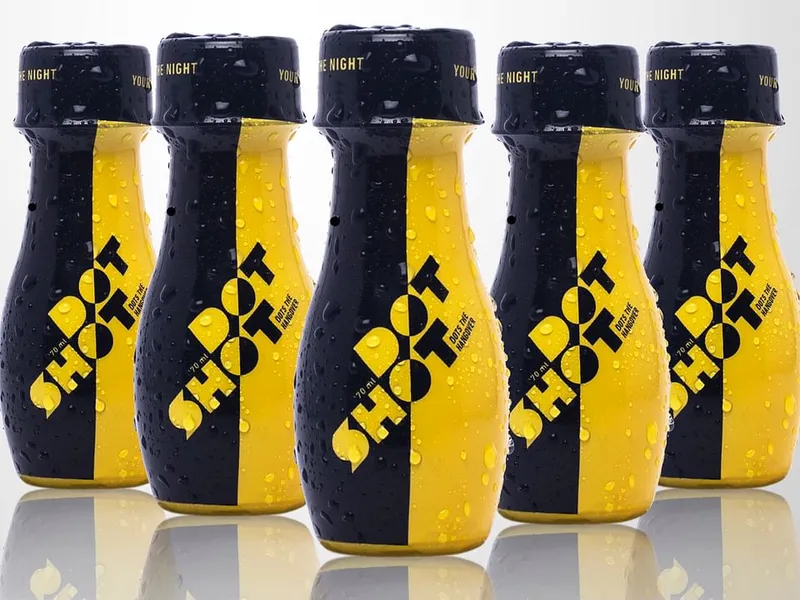
Dot Shot anti-hangover drink
From idea to product
Viraj took the challenge in his stride and came up with the idea for Dot Shot, a vegan anti-hangover drink infused with antioxidants and powered by curcumin, the concentrated extract of turmeric.
Dot Shot works by restoring the body’s pH levels, replenishing depleted nutrients and flushing out toxins. It reduces alcohol and acetaldehyde levels in the blood, and fends off the common post-party effects of alcohol, such as headaches, body aches or nausea.
“Dot Shot was launched in 2016 under the parent company K Patel. The resources to launch were provided by other companies in the same group. The initial investment was around Rs 2.5 crore,” he says.
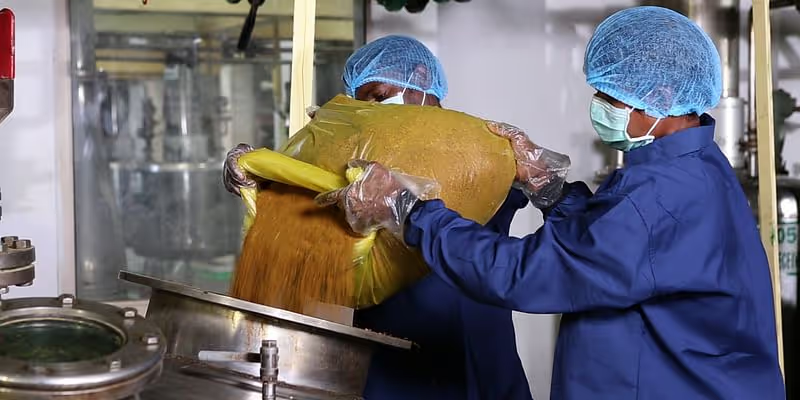
Vertical extractor at the Dot Shot manufacturing unit
Along with Hitesh Patel, a third-gen entrepreneur in the family business, Viraj ran the company and outsourced manufacturing to a certified unit at Paonta Sahib, Himachal Pradesh. They began carrying out promotional activities to bring awareness to Dot Shot in the niche market for anti-hangover drinks.
However, there was no beginner’s luck for Dot Shot. Barely a few months after starting, Viraj’s product took a hit in November 2016 because of demonetisation.
“Demonetisation led to a reduction in cash flow among the masses. As a result, Dot Shot did not get the start that we hoped for. But as things got better, we recovered and built a business model of reaching customers through medical outlets, standalone supermarkets, pubs, restaurants, general stores, Amazon, , and our own website,” Viraj says.
The anti-hangover drink is also marketed through social media platforms Facebook, Instagram, and Twitter to create awareness of the product.
Dot Shot is priced at Rs 99 for a 70 ml shot.
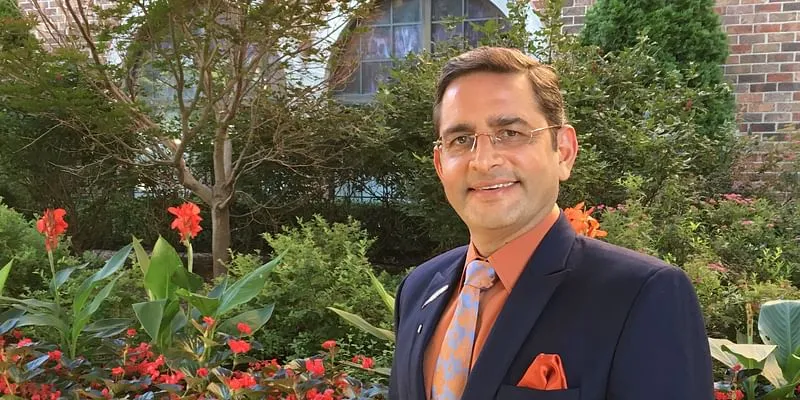
Hitesh Patel, joint managing director and cofounder, Dot Shot
Current scenario
Four years after launching his product, Viraj believes the anti-hangover drink market in India is still niche, and competition is comparatively low.
“We started carrying out various clinical trials to prove the claims of the product. Dot Shot is clinically-proven by ICH guidelines to measure its impact, hence the results are more accurate. Also, it is not tested on animals. This helps us to stay ahead of the curve,” he explains.
He doesn’t disclose sales or revenue numbers, but says Dot Shot has found a welcoming market in Europe and North America, is growing at 140 percent year-on-year and has 20 employees.
“Customers who have used our product have always placed repeat orders and have always been happy with the results. About 60 percent of our orders are from repeat customers,” Viraj says.
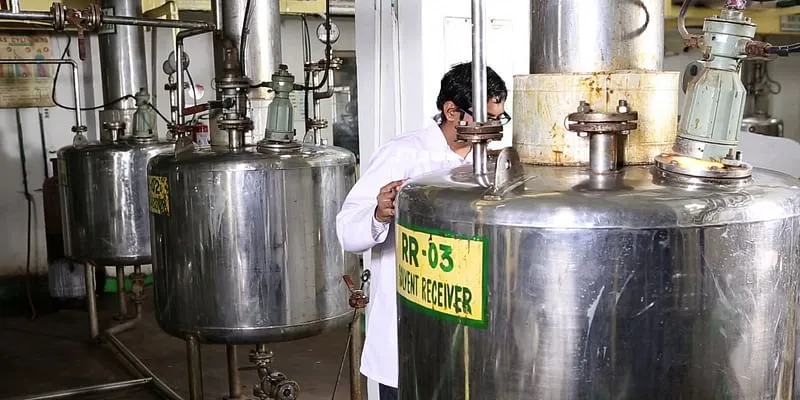
Another look inside the Dot Shot manufacturing unit
Currently, Dot Shot’s sales in India have been stopped due to the coronavirus epidemic; anti-hangover drinks are classified as non-essential goods, and only essential goods are allowed to be retailed, for the time being.
Viraj is utilising this time to run anti-hangover drink awareness campaigns on digital platforms. He hopes to resume retail soon and create a pan-India distribution network that covers Tier I and Tier II cities.
“Along with this, we are looking at finalising partners across India and also tapping into global platforms to expand our reach,” he says.
Viraj’s foray into the anti-hangover market could pay off big time as India’s alcoholic beverages market continues to expand. It is expected to grow at a CAGR of 7.4 percent between 2016 and 2024 and reach $39.7 billion, according to Goldstein Research.
Edited by Kanishk Singh






